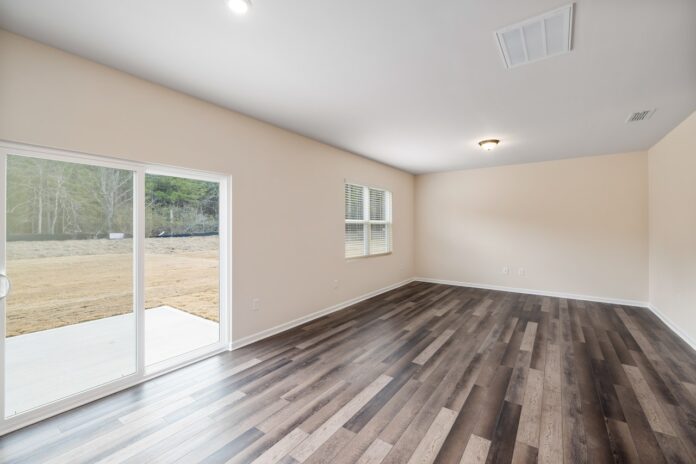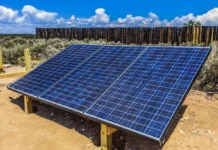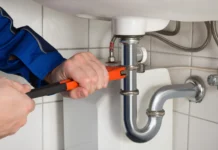When it comes to making your home feel warm and inviting, nothing quite does the job like hardwood flooring. But if you’re looking for ways to stay within your budget, then you’ll be glad to know that there are several affordable alternatives to hardwood that look equally stunning! In this blog post, we’ll explore some of the top hardwood flooring alternatives that will help you save money without sacrificing style.
Benefits of Hardwood Flooring Alternatives
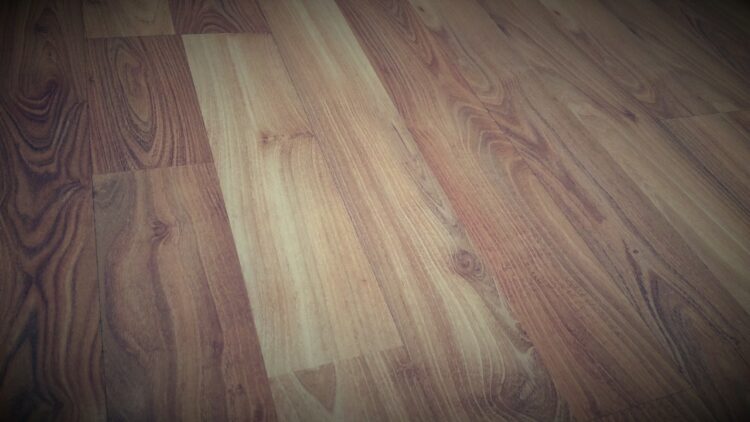
For homeowners who like the look and feel of hardwood floors but don’t have the budget for real wood, there are a variety of cheapest flooring options available. These products offer many of the same benefits as hardwood flooring, including easy maintenance, natural beauty and durability. They also carry with them certain advantages that make them excellent choices for certain homeowners.
One of the major benefits of these alternatives is their cost-effectiveness compared to traditional hardwood floors. Depending on your chosen product, costs may be significantly lower than real wood. Plus, these options possess inherent sustainability—for example, bamboo takes only a few years to regenerate compared to decades for traditional hardwoods such as oak or maple.
There is a wide variety of materials available in both boards and tiles that mimic the look and feel of real wood while providing superior durability. Engineered wood products often include a ply layer underneath which aids moisture resistance and increasing stability; meanwhile laminate replicates the look and often includes assurances against fading from UV rays or staining from dirt and spills. Vinyl planks provide superior water resistance without sacrificing aesthetics as well as being very budget friendly in comparison to other materials such as ceramic tile or stone.
These materials are extremely versatile; they can range from being installed on walls to covering countertops, stairs or even ceilings! Additionally, many of these products tend to require less maintenance than traditional wooden floors with no need for sanding or refinishing over time. Overall investing in hardwood flooring alternatives can save you money while still giving you a quality finish that will add value and have your home looking great for years to come!
Types of Hardwood Flooring Alternatives
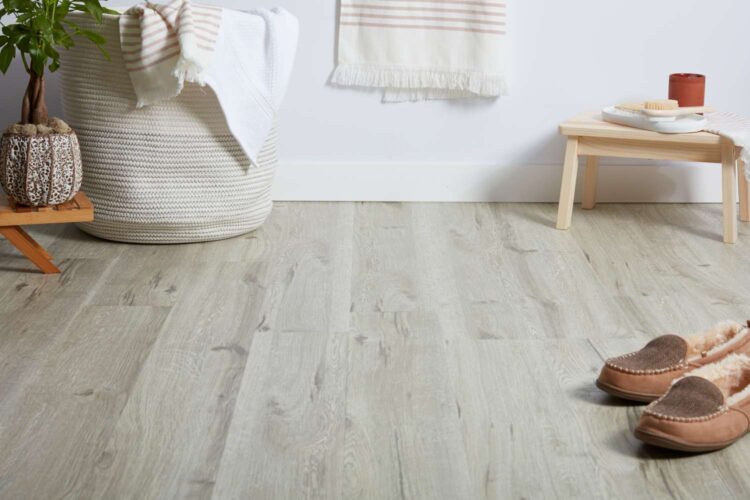
Though hardwood floors are beautiful and durable, they can be expensive. When it comes to cost-effective flooring options, many homeowners turn to cheaper alternatives such as laminate, vinyl, cork and bamboo. Each of these materials has its own benefits and drawbacks when compared against them. Here’s a look at some of the most common types of hardwood flooring alternatives:
- Laminate: Laminate is an ultra-durable flooring that looks like a genuine wood, but is more budget-friendly. The top layer mimics the appearance of wood grain, while the core layer creates a sturdy base. Laminate typically gets scratches and dents more easily than actual wood floors and it can be challenging to repair any damage that occurs, making repairs a bit trickier in comparison to traditional hardwood floors.
- Vinyl: Vinyl often emulates the look of luxurious hardwood flooring without breaking your budget. Vinyl also requires much less maintenance than real hardwood or even laminate options, making it ideal for areas in which foot traffic is high or spills occur frequently. Additionally, vinyl can be made with or without cushioned backing depending on where you plan to install your flooring; this helps make it comfortable to walk on in addition to giving it acoustic benefits. However, installing vinyl is often more complicated than other alternatives as its pieces must fit together perfectly — any gaps between them will allow water in which could potentially lead to mold and mildew problems over time.
- Cork: Cork has become increasingly popular for its value and appeal as an affordable option for areas with heavy footfall like bedrooms or hallways. It also provides insulating properties which not only helps keep rooms cooler but also protects against heat losses in winter months – lowering energy costs over time significantly! Unfortunately, however cork does require special sealing treatments from time-to-time should you wish it remain looking good for longer periods; this means installation costs tend to be higher than other materials mentioned here too!
- Bamboo: Bamboo is an excellent choice if you’re looking for an eco-friendly alternative to traditional wooden floors because bamboo grows quickly (in 3 – 5 years!) And needs almost no chemicals during processing or manufacturing – attributes helpful both economically & environmentally speaking! Bamboo floors are highly durable & resistant against moisture too making them great family homes where spills happen regularly – though they should generally be sealed each year just like regular wooden varieties!
Pros and Cons of Hardwood Flooring Alternatives
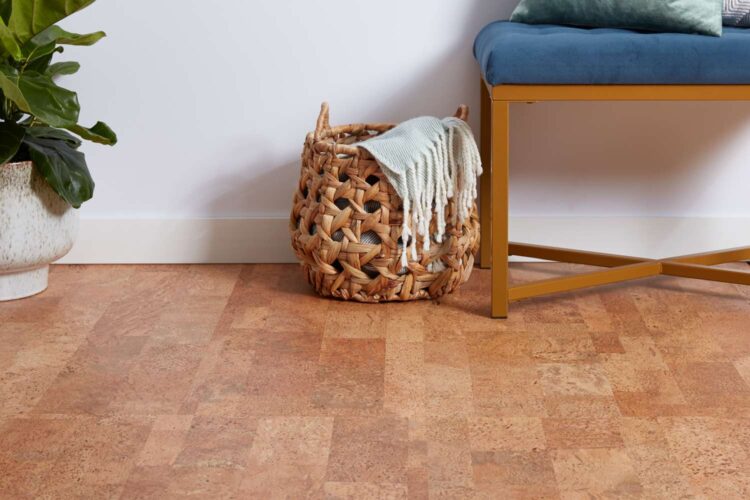
This kind of flooring is classic and elegant but it can be expensive. Many homeowners turn to alternatives to get the look and feel of real wood for less. While these alternatives have their advantages, there are also drawbacks you need to consider before deciding whether or not it’s the right choice for your home. Here are some pros and cons to consider when evaluating hardwood flooring alternatives as a way to save money.
Pros:
- Typically cost less than traditional hardwood floors
- Less likely to dent, scratch or splinter
- More options in terms of colors, design patterns and materials
- Less risk of potential staining from spills
- Fewer ongoing maintenance costs
- Easy installation for DIY projects
Cons:
- Lifespan is typically shorter than that of traditional hardwoods — typically between 10–20 years depending on the material used
- Durability and performance may not withstand moderate wear and tear over time
- Susceptible to fading or discoloration in direct sunlight
- Difficult or costly replacement in the event of damage
Conclusion
In conclusion, it can be very expensive, but there are a number of cost-effective and attractive alternatives. From laminate to bamboo, vinyl plank and cork, the choices are vast and vary in price depending on the material chosen. Consider your lifestyle and aesthetic preferences when deciding on this type of flooring alternative. With proper care, these less expensive options can last as long as their high-end hardwood counterparts.

